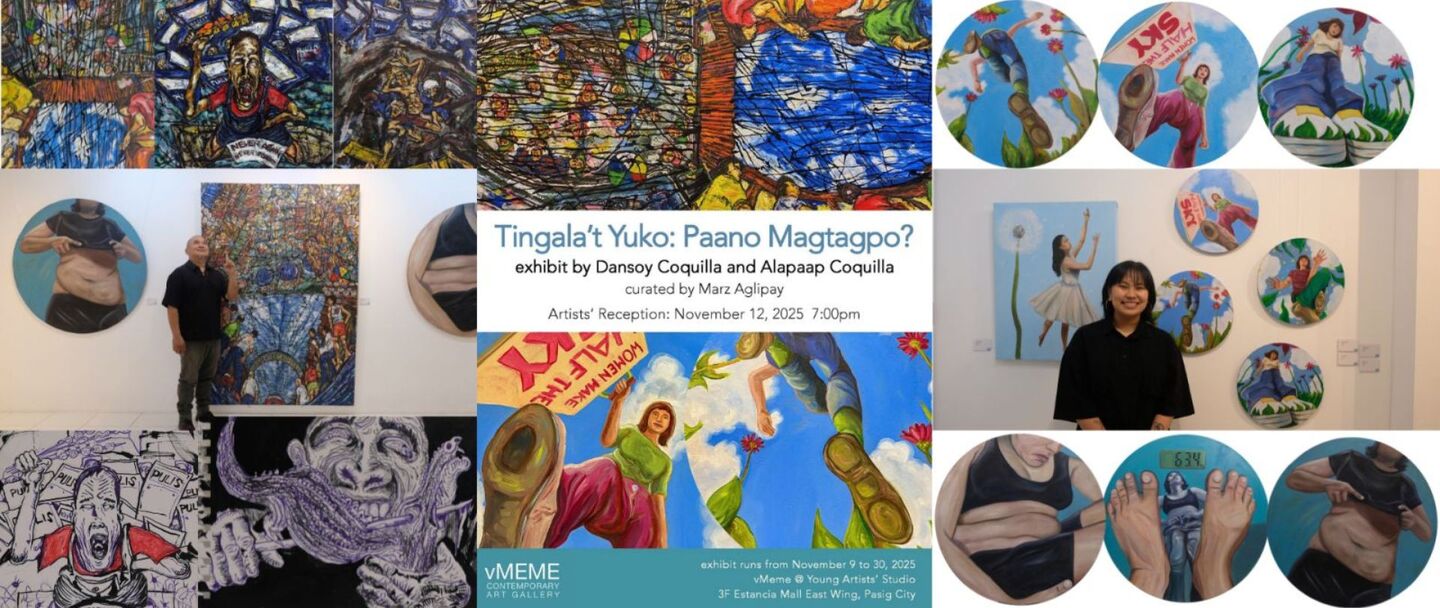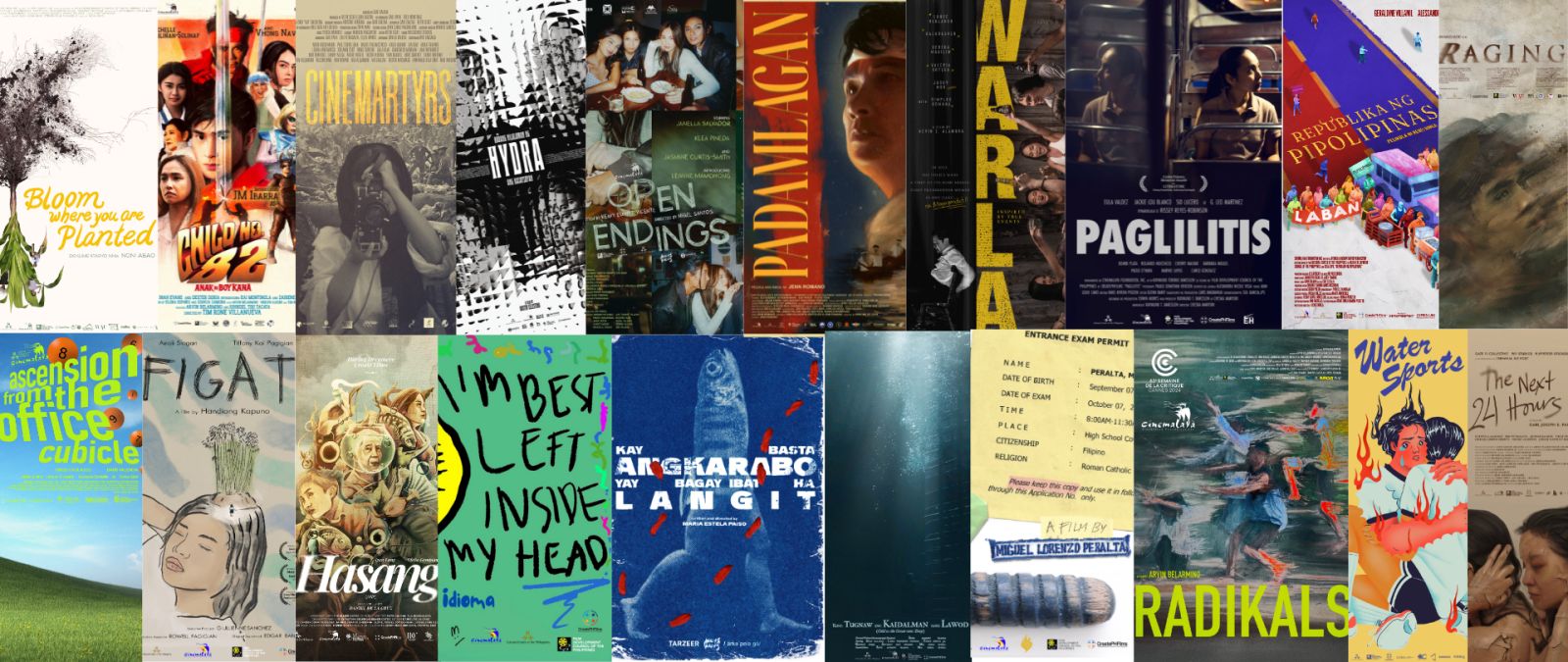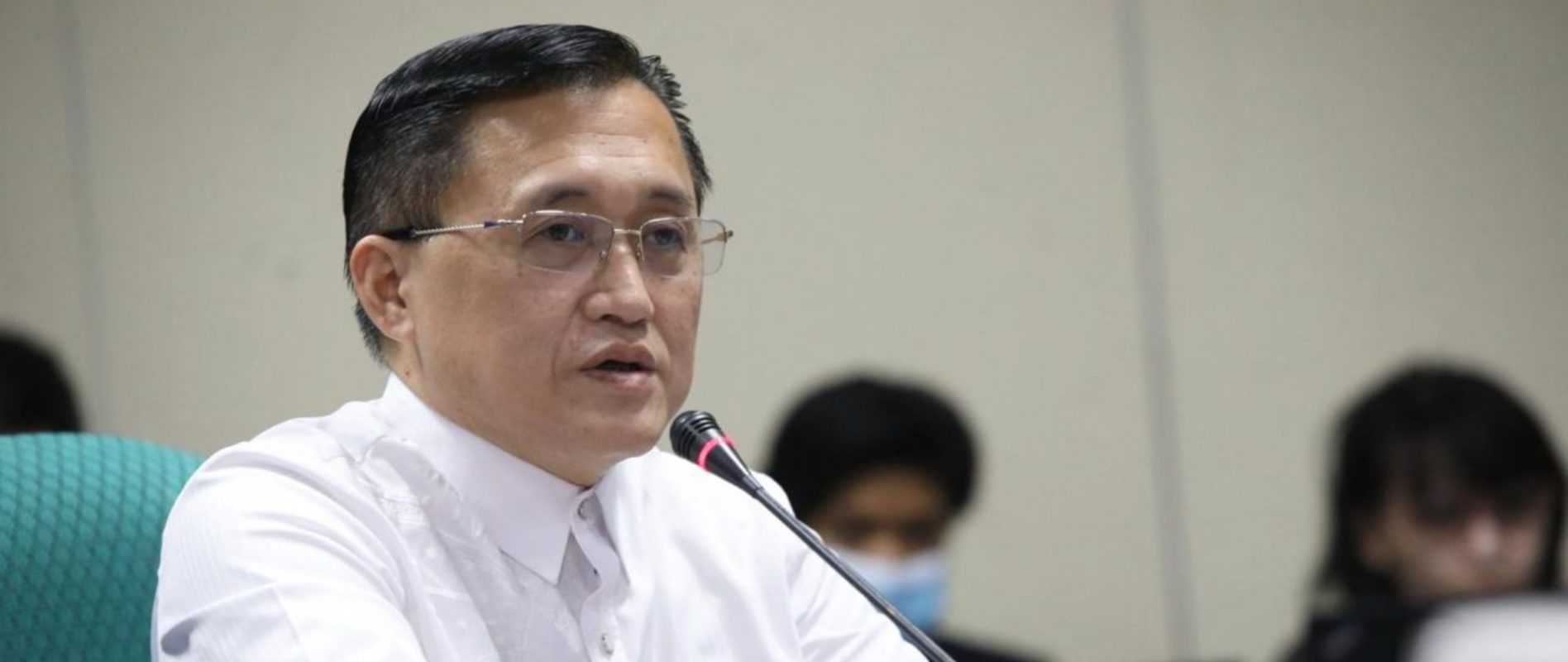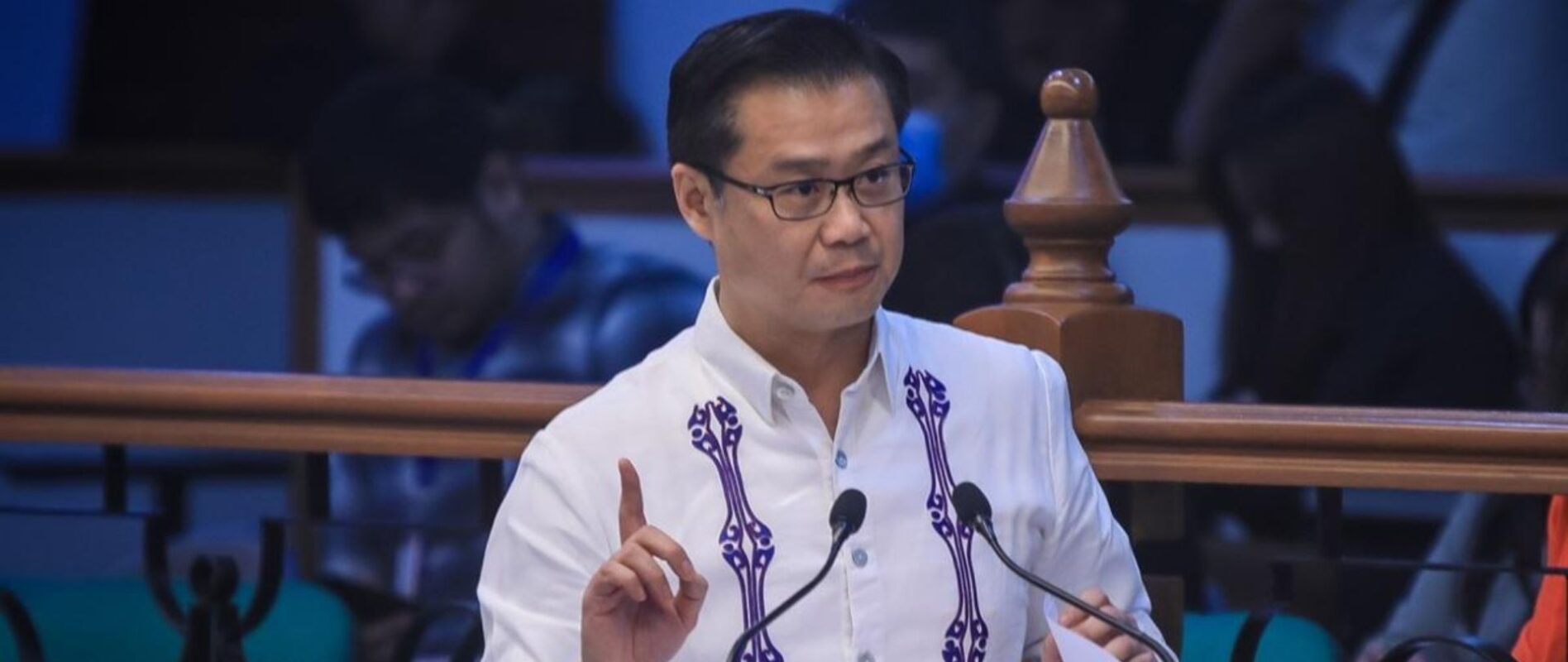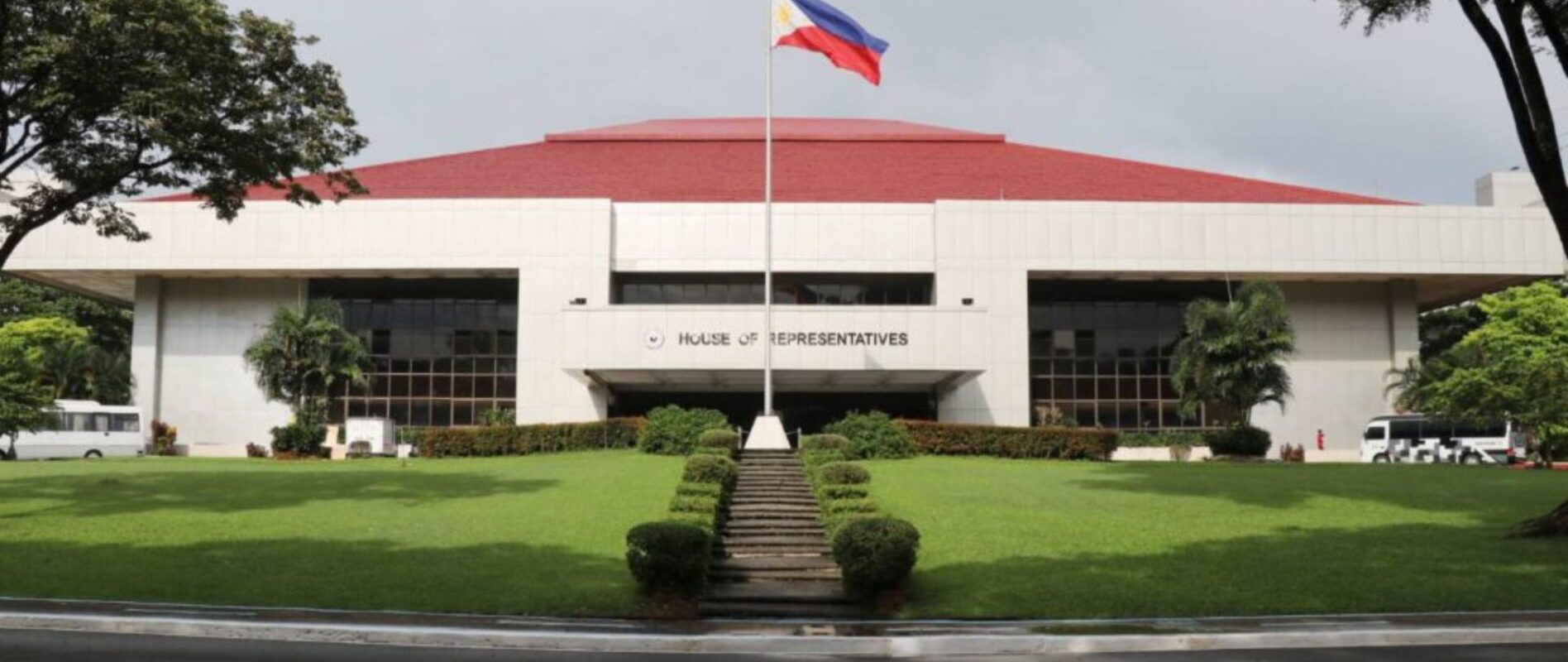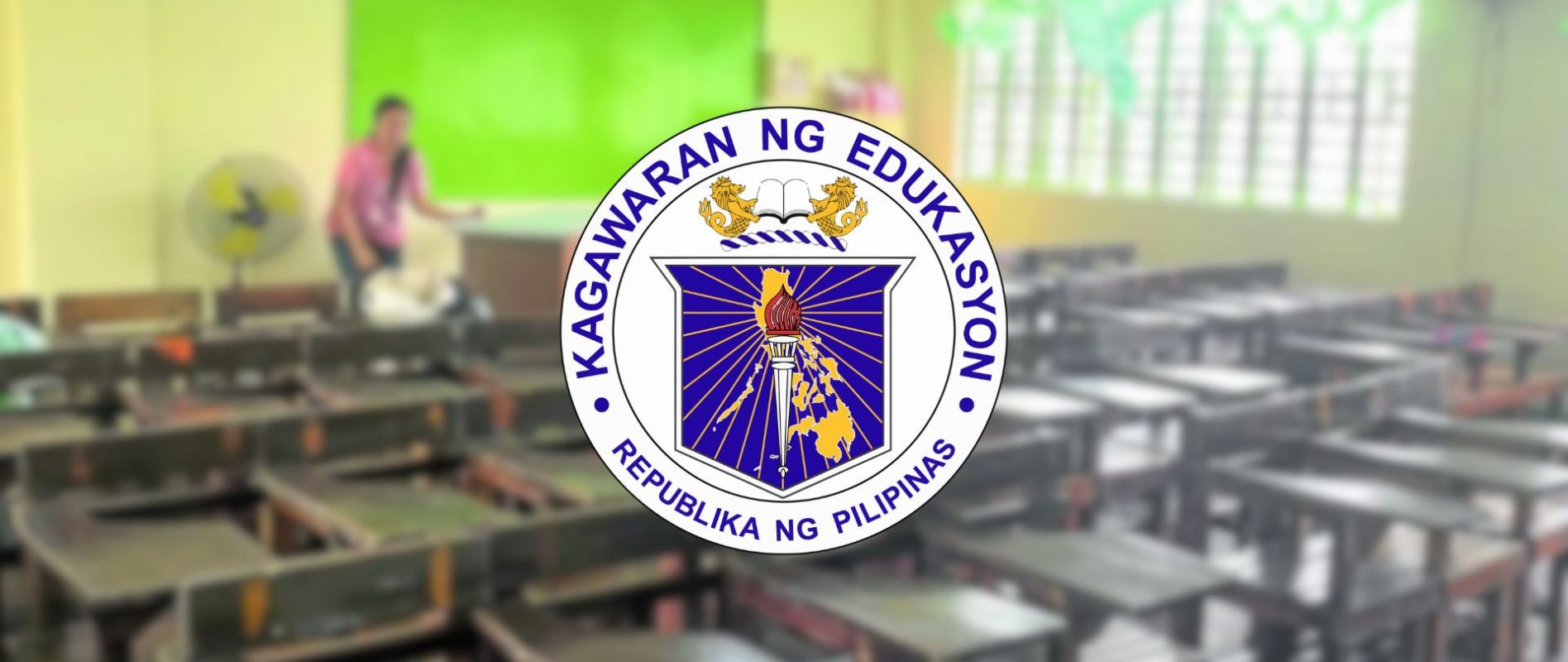PERMISSION TO POST, UST: FREEDOM OF EXPRESSION WOES RISE AMID NEW STUDENT ORG MEMO
Several youth groups call out a violation to their freedom of speech in this new set of guidelines in social media use among student organizations.
Recent reports have sparked online controversy as the administration of top local academic institution, University of Santo Tomas sets strict measures on how student organizations will use social media with a new set of guidelines. However, student organizations appeal for its debunking because of specific reasons particularly on the violation of their freedom of speech.
In a memorandum on Aug. 8 from the UST Office for Student Affairs (OSA) for AY 2020-2021, it states a list of guidelines in the responsible use of social media that student organizations should adhere to. As stated here, it requires them to submit a “Permission to Post” form that is subject to the approval of their organization advisers. It also encourages its advisers to carefully monitor the social media activities of their respective organizations and provides them with the power to edit or take down posts in case it was made prior to its approval. If the student organization and its adviser cannot come to an agreement on a post’s clearance, the Student Welfare and Development Coordinators (SWDC) or OSA will make the final decision.
“Recognizing the vital role that social media networks continue to play in facilitating engagements, student organization officers and members are reminded to adhere to the guidelines in the Use of Social Media with a stronger sense of responsibility and prudence as we acknowledge the value of social media to connect us in this time of remote instruction,” UST said in the memorandum in question.
As a response, several student groups made statements to address their concerns on the matter.
On Aug. 18, the National Union of Students of the Philippines (NUSP), one of the largest and established progressive alliances of local student councils, called out UST for its restriction on the freedom of expression among its student organizations. “The Union calls on UST to abolish these provisions that mirror the current regime’s moves to hinder freedom of expression and speech,” they stated. “Regulations such as submitting ‘permission to post’ forms and gaining approval from school administrators before content can be published are roundabout methods of legitimizing and extending student repression through online means.”
ALERT: The University of Santo Tomas (UST) has released a memorandum requiring its student organizations to allow…
Posted by National Union of Students of the Philippines on Monday, August 17, 2020
Anakbayan-UST also links it to a wider issue on press freedom as needed now more than ever. “These guidelines manifest the anti-democratic system that governs the university. ” they stated. “In the time of political and economic turmoil, the voices of students need to be amplified, not censored and regulated.”
Official Statement of Anakbayan-UST on the Social Media Handling Guidelines for Organizations and Councils within the University#UpholdDemocraticRights
Posted by Anakbayan – UST on Monday, August 17, 2020
While the new guidelines have sparked controversy, it has also found support from select voices. A supporter of it is The Right Thomasian, a student initiative that counters leftism and socialism within UST. They stated their opinion with a post that looks into the context of censorship not equating to regulation. For them, it’s a necessary act of barrier against the propagating UST Leftists who are infringing the name of UST. Some comments to their statement mentioned how it’s essential to combat capitalists that use UST’s name and commends the administration for its right decision.
STATEMENT OF SUPPORT REGARDING THE SOCIAL MEDIA REGULATION OF THOMASIAN STUDENT ORGS BY UST-OSAWe at The Right…
Posted by The Right Thomasian on Wednesday, August 19, 2020
The issue continues to incite public outcry among progressive youth groups in the country. It only makes the discussion richer and more contextual with every voice that contributes to the question of morality and legality in this whole new ordinance.



